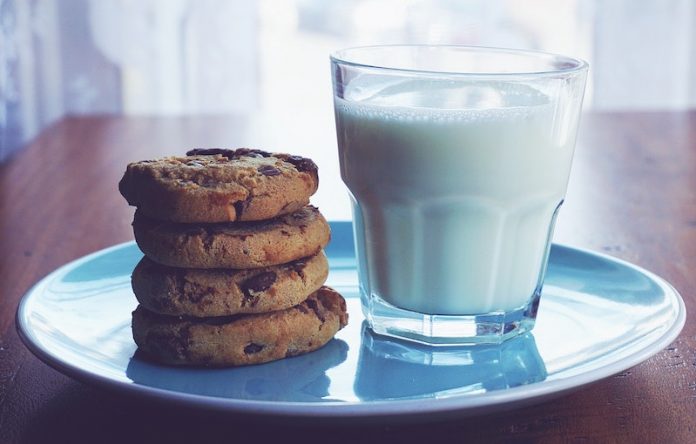
Scientists from the University of Oxford and elsewhere found dairy products are linked to increased cancer risk.
The research is published in BMC Medicine and was conducted by Maria G. Kakkoura et al.
Overall evidence to date on whether eating dairy products affects the risk of cancer has been inconsistent.
Studies on Western populations indicate that dairy products may be linked to a lower risk of colorectal cancer and a higher risk of prostate cancer, but have found no clear link for breast or other types of cancer.
These results, however, may not be the same for non-Western populations, where amounts and types of dairy consumption and ability to metabolize dairy products differ greatly.
In the study, the team analyzed data from over 510,000 participants.
The participants (59% female, 41% male), who came from ten geographically diverse regions across China and joined the study between 2004 and 2008, had no previous history of cancer.
The researchers categorized the participants into three groups: regular dairy consumers (at least once a week), monthly dairy consumers, and people who never or rarely consumed dairy products (non-consumers).
Participants were followed up for an average of around 11 years, and the researchers used data from national cancer and death registries as well as health insurance records to identify new cancer diagnoses.
The team found overall, around a fifth (20%) of the participants consumed dairy products regularly (primarily milk), 11% consumed dairy products monthly, and 69% were non-consumers.
The average consumption was 38g per day overall in the whole study population and 81g per day among regular dairy consumers (compared with an average consumption of around 300g per day in participants from the UK Biobank).
During the study period 29,277 new cancer cases were recorded, with the highest rate being for lung cancer (6,282 cases), followed by female breast (2,582 cases), stomach (3,577 cases), colorectal (3,350 cases) and liver cancer (3,191 cases).
People who consumed dairy products regularly had much greater risks of developing liver and breast cancer. For each 50g/day intake, the risk increased by 12% and 17% respectively.
There was no association between dairy intake and colorectal cancer, prostate cancer, or any other type of cancer investigated.
Both liver and breast cancer are among the most common types of cancer in China, accounting for around 393,000 and 368,000 new cancer cases each year respectively.
The team says there are several plausible biological mechanisms that may explain these associations.
Greater dairy consumption may increase levels of insulin-like growth factor-I (IGF-I), which promotes cell proliferation and has been associated with higher risks for several types of cancer.
Potentially, female sex hormones present in cow’s milk (such as estrogen and progesterone) may have a role in the increased risk of breast cancer, whilst saturated and trans-fatty acids from dairy products may increase the risk of liver cancer.
For the majority of Chinese people who do not produce enough lactase, dairy products may also be broken down into products that affect cancer risk.
The team says further studies are needed to validate these current findings, establish if these associations are causal, and investigate the potential underlying mechanisms involved.
Whilst the results suggest there may be a direct link between regular dairy consumption and certain cancers, it is important to be aware that dairy products are a source of protein, vitamins and minerals.
It would not be prudent to reduce dairy consumption based solely on the results from the current study or without ensuring adequate intake of protein, vitamins and minerals from other sources.
If you care about cancer risk, please read studies about inexpensive drug that could help treat cancer, and eating peanut too much may increase risk of cancer spread.
For more information about health, please see recent studies about what you need to know about supplements and cancer, and results showing COVID-19 booster shot can help most people with cancer.
Copyright © 2022 Knowridge Science Report. All rights reserved.



